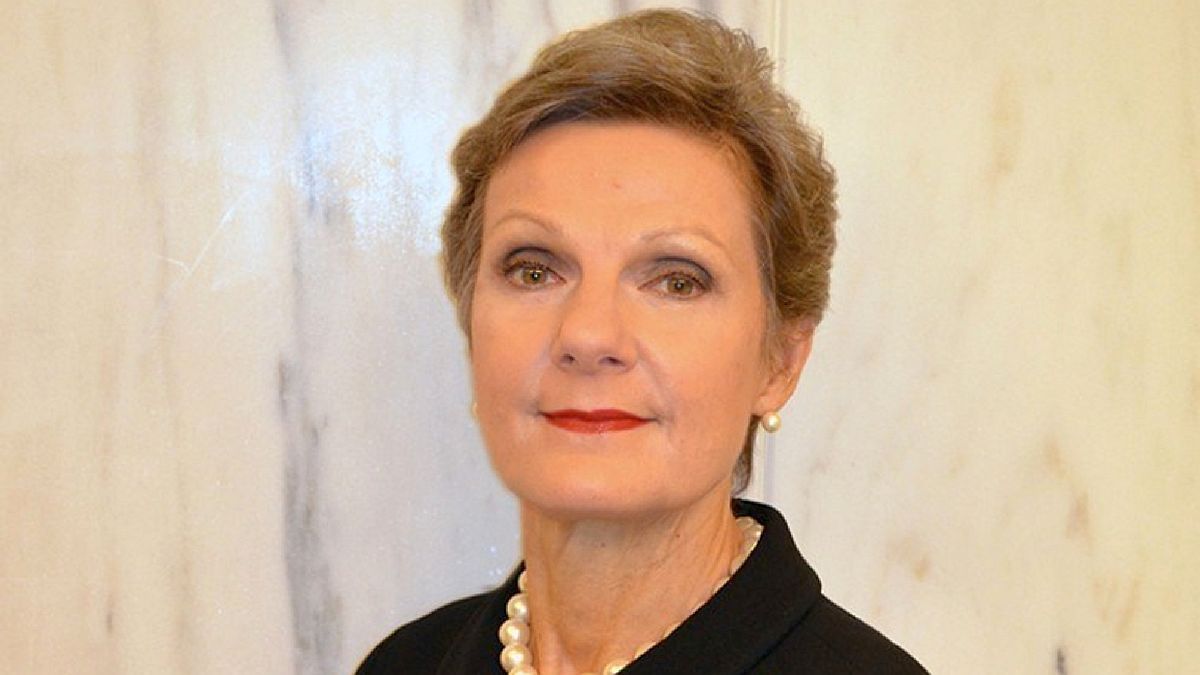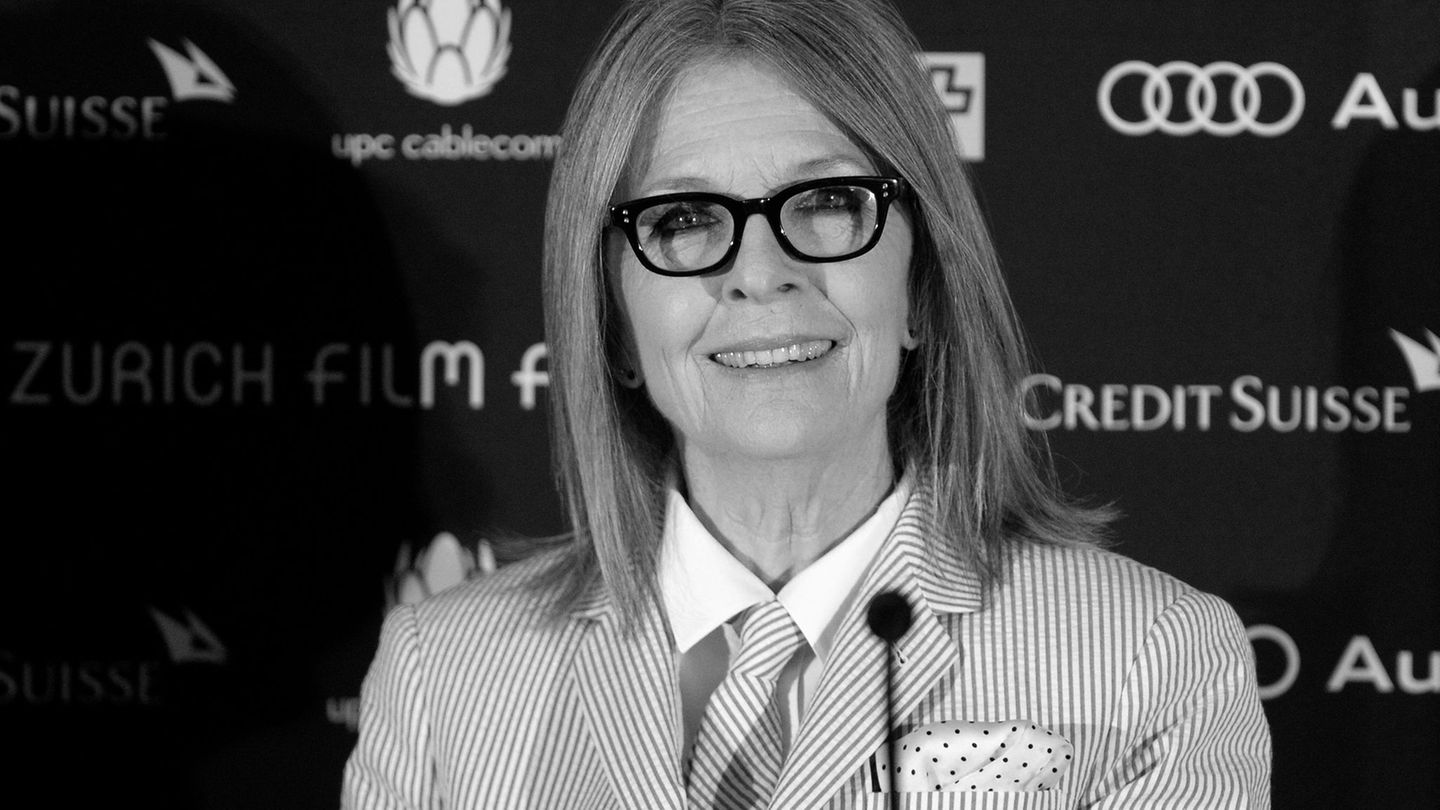The National Government appealed the ruling on Thursday before the Second Circuit Appeals Chamberas reported Sebastián Marilthe analyst who closely follows the dispute in American courts.
In your presentation, The Argentine defense left open the possibility of appealing to the Supreme Court of Justice of the United States If the failure is unfavorable again.
YPF Actions
The US justice ordered Argentina to transfer 51% of YPF shares to demanding vultures.
Depositphotos
Among its central arguments, country’s lawyers argue that Presska Order violates US federal lawas well as the Foreign sovereign immunity law (FSIA) and principles of international courtesy.
They also mention the Declaration of interest of the US Department of Justiceconsidered as an institutional support to the country during the administration of Donald Trump.
Finally, the appeal warns about a possible “Unconstitutional exercise of extraterritorial jurisdiction” by the court that issued the conviction.
Cause YPF: why Argentina’s lawyers appealed early
In response to that presentation of the funds, the American lawyers of the study Cleary Gottlieb Steen & Hamilton LLP hired by the Treasury procurement -There in charge of Santiago María Castro Videla- They responded with the main arguments wielded by Argentina, which reject the Preska ruling and the delivery of actions.
According to sources linked to the case, the study strategists appealed without waiting for a definition of Loretta Preska on the request of “Stay” previously made. This appeal was expected for the next 15 days, not now. Possibly, lawyers expect another resounding set against the country in this trial, and an embargo order aimed at US financial institutions. For that reason and to gain time, they decided to present the appeal as soon as possible and that it is an elevation court that defines the steps to follow.
YPF is not part of the trial, or the process in the second Judicial District of New Yorkbut it is one of the “booties” next to Muerta Vaca of the lawsuit between private and the national state. YPF He has no lawyers working in the case, nor is it part of the negotiations or official presentations.
In fact, The president and CEO of YPF, Horacio Marín, remained outside the case. “I am an executive, employee of YPF, and Burford made a judgment to YPF and the National State. Judge Preska failed in favor of YPF, failed against the Republic. I can’t comment“He said.
What Marín sought to highlight is that the judge removed YPF of the center of the process, and focused on the alleged irregularities in the actions of the national State, in particular, of the Executive and Legislative Power.
The reasons for Argentina’s rejection to Loretta Preska’s sentence
In the case Eton Park, State lawyers talked about “Exceptional nature and unsolved legal issues” And they stressed that it is an unprecedented case, with an appeal ruling and complex legal foundations. “Even the United States government has expressed differences with the interpretation of the court,” They stand out.
The fear of the US government is that the fulfillment of a forced embargo from Argentine companies opens an international jurisprudence that violates US laws, because at the same time it would allow -in a hypothetical future – that there is some type of reciprocity and that Argentina can do the same – to be forced – with a company or a sovereign active from the United States.
Another argument is the irreparable damage and impossibility of legal compliance, since executing the “turnover” would force Argentina to violate its national legislation and to lose state control over YPF irreversibly. As Kicillof said, YPF actions “can only be delivered by a law voted for two thirds of Congress“As established by the law that was approved in 2012 by a large parliamentary majority.
Finally, The absence of damage to the plaintiffs and public interest was wielded. According to the Argentine defense, there is no specific damage if the execution is suspended, given that local legislation prevents the sale of shares without legislative guarantee. In addition, advance with the order would affect not involved third parties – such as provinces and bonds – and could activate harmful clauses for YPF.
Source: Ambito




